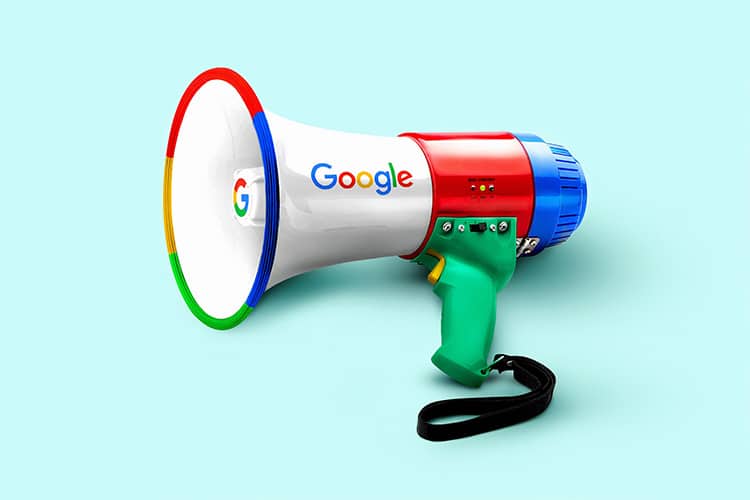5 things content marketers should be thinking about right now

So much for 20-plenty. Here we are – in the middle of a global pandemic, unprecedented restrictions and growing economic uncertainty. What does the future of content marketing look like as we delve deeper into this new reality?
We can’t ignore the impact COVID-19 has had on content consumption. Out-of-home and print media have been particularly hard hit in SA, with some of the country’s most popular consumer magazines sadly shutting down.
That’s not to say that broadcast and digital media have had an easy ride. Yes, audiences have flocked to TV, streaming and online content under strict lockdown. But many advertisers paused their campaigns when lockdown began. As a result, networks and digital publishers lost millions in ad revenue even as consumption increased.
COVID-19 has changed the game in many ways, primarily because it has accelerated so many inevitable innovations. Here’s what content marketers will have to keep in mind to deliver commercially viable strategies in this new normal.
Virtual reality takes on a whole new meaning
One major effect of COVID-19 and lockdowns around the world is the pivot from in-person to virtual. Large outdoor gatherings won’t be back for a while, so content marketers will need to understand the nuances that come with virtual events.

This presents a great opportunity to promote and expand digital platforms. Our B2B division has done just that by hosting wildly successful webinars for professionals in the medical industry.
Brands take a stand
This one might not be a result of COVID-19 but it is accelerating during the time – the exodus of brands from Facebook and Facebook-owned platforms. Facebook lost US$69 billion in ad spend in June as brands stood in solidarity against hate speech and for increased data privacy.

Does that mean there’s now more room for niche social networks to grow? The likes of Houzz, Meetup and Quora target select segments and have highly engaged communities. That’s a marketer’s dream. Reaching a smaller but more engaged audience with content that actually adds value to their lives has a high impact on sales.
Google is the platform
Marketers are reaching their audiences elsewhere due to the Facebook boycott. But even before this, content creators had to give some serious thought to “snippet content”. Why? Google is becoming an “answer engine” and no-click searches are on the rise. We have to create succinct content that answers questions as early as possible if we want consumers to continue to see our brands in Google search.
The advent of the answer box at the top of the SERPs – or position zero – has changed the way we think of SEO. Google selects the content for this position based on its relevance to the search query and other SEO ranking factors of the host domain. These snippets generally appear in response to queries that include a question term.
In a time of extreme uncertainty, it’s never been more important to have empathy and an understanding of what consumers are asking for. Our Vodacom team keeps this top of mind when producing how-to content for the client and have had great success with on-SERP SEO.
Hearing voices
Another trend we can expect to see more of is content tailored for voice search – and this one goes hand in hand with on-SERP SEO. According to GlobalWebIndex, last year, 43% of all internet users across the world used voice search and voice commands. In South Africa, it’s 33% of all internet users, and the numbers are growing.

Voice queries have more in common with conversations than regular searches. Mobile users who use Siri, Alexa or Google Assistant to ask a question want an immediate response that gives them the tools to complete a task.
Context such as location is important to determine the intended meaning of a query. With lockdown easing, consumers are cautiously emerging from their homes. They want to know what brands are and will be doing to contain the spread of the coronavirus to their customers. If, for example, they ask Siri to find a restaurant near them, they want a comprehensive answer that helps them make what has become a tough decision.
Doubling down on data
One of the most important trends is the continued focus on data-driven content creation. But this shouldn’t be a trend – it should be a fundamental way of working that underpins everything a content marketer does. This is how we will maintain a grip on a world turned upside down.

The TL;DR version
COVID-19 has had and will continue to have an effect on content consumption and content marketing. In fact, the pandemic has touched every industry, because there isn’t a person on this planet who’s immune.
To justify spend, marketers will have to develop strategies that are commercially measurable. And those of us who understand our audiences and the trends will be best equipped to help brands and consumers through this time.

